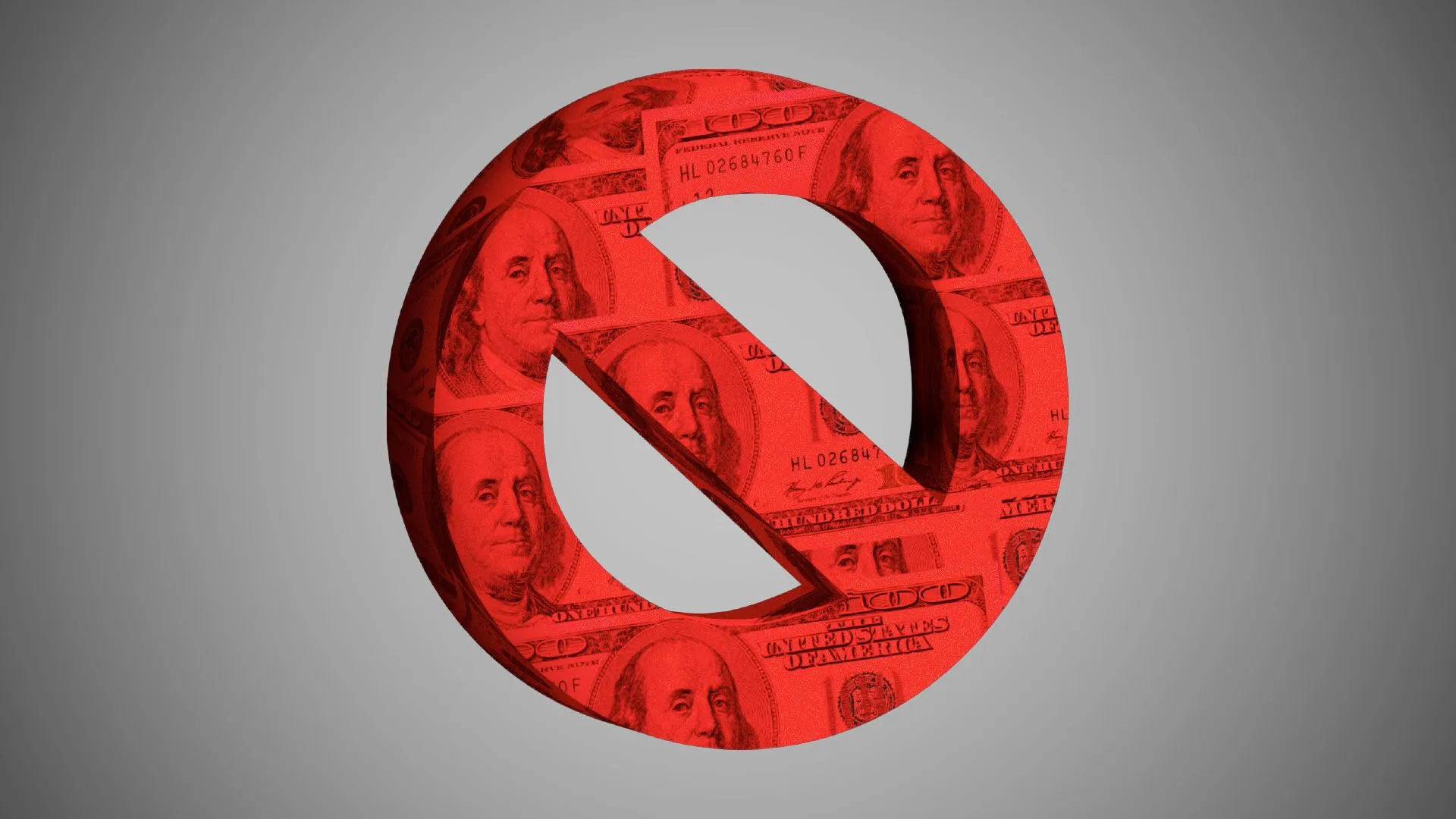In a recent development, the Iowa Legislature has passed a bill that could significantly impact guaranteed income programs within the state. The legislation, known as House File 2319, awaits the signature of Governor Kim Reynolds and aims to restrict funding for such initiatives unless they incorporate work requirements.

The bill directly affects programs like UpLift — The Central Iowa Basic Income Pilot, which commenced in the Des Moines metro area last year. UpLift, a $2.5 million initiative led by The Harkin Institute, provides a $500 monthly stipend to 110 low-income families in Polk, Dallas, and Warren counties over a span of two years, with no conditions on spending.
Under House File 2319, local governments in Iowa will be prohibited from contributing funds to guaranteed income programs lacking work requirements starting from January 1, 2025. This move sparks debates over the necessity and efficacy of such programs, with some viewing them as essential support for families in need, while others criticize them as unjustified financial assistance.
The controversy surrounding guaranteed income programs extends beyond Iowa’s borders, with similar legislative actions witnessed in states like Texas, South Dakota, Arizona, and Wisconsin. While Republican lawmakers in these states have moved to ban or restrict such initiatives, politicians in blue states like Washington and Minnesota are advocating for their expansion.
Critics argue that these programs represent a form of socialism and could exacerbate labor shortages. Conversely, proponents highlight the potential benefits, citing studies like UpLift that aim to evaluate the impact of financial support on recipients’ well-being and economic stability.
Despite the legislative hurdles, UpLift will continue its full 24-month plan, thanks to non-governmental funding sources. The final analysis of the program is expected to be published in the summer of 2026, shedding light on its effectiveness and implications for future policy decisions.
As Iowa awaits the governor’s decision on House File 2319, the debate over guaranteed income programs underscores broader ideological divisions regarding social welfare policies and government intervention in addressing poverty and economic inequality.